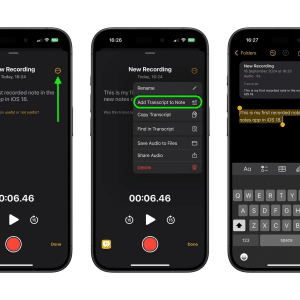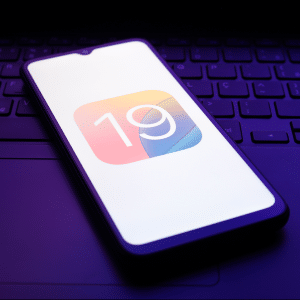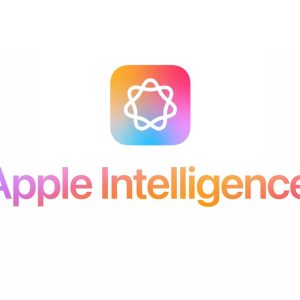Steve Jobs introduced FaceTime back in 2010 and with it was the promise that, eventually, the feature would be an open industry standard that would allow other smartphone makers to adopt it.
Eight years have passed, and FaceTime still remains closed and exclusive to the Apple ecosystem, but why? A new article by CNET has tried to answer the question.
The article points to Steve Jobs’ exact quote from FaceTime’s 2010 introduction:
“Now, FaceTime is based on a lot of open standards — H.264 video, AAC audio, and a bunch of alphabet soup acronyms — and we’re going to take it all the way. We’re going to the standards bodies starting tomorrow, and we’re going to make FaceTime an open industry standard.”
Of course, despite his promises, there is still no open standard when it comes to FaceTime nor, for that matter, a few of Apple’s other services such as iMessage.
Ongoing legal troubles may be to blame
CNET’s Sean Hollister points out that one contributing factor may be Apple’s ongoing legal troubles with patent troll VirnetX. Since 2013, Apple has received scrutiny from VirnetX over networking technology used by FaceTime, which forced Apple to rewrite the feature:
Apple was forced to majorly change how FaceTime works to avoid infringing on the patents of a company called VirnetX. Instead of letting phones communciate directly with each other, Apple added “relay servers” to help the phones connect.
To continue using the relay servers that FaceTime is based on, Apple would presumably have to charge or require companies to use their own servers – hindering the experience across multiple devices.
An open industry standard for FaceTime could certainly bring benefits, however. As Hollister states:
But that doesn’t make a broken promise less frustrating. Particularly now that Apple could potentially fix annoying business video calls as well. A Skype-killing video chat service that worked on Mac, iOS *and* Windows, Android and the open web? That’s something I bet companies would be happy to pay for, too.
More FaceTime features with iOS 12
With the upcoming launch of iOS 12, (likely to be 26 June for public beta and September for the final software) Apple is introducing group FaceTime chats that can accommodate up to 32 participants.
The new FaceTime was demoed at WWDC 18, featuring tiles of people’s faces. People who talk are highlighted in the tiles and users can manually select who they want to see. FaceTime will also allow you to include Animoji filters as well as the new custom made Memojis.













